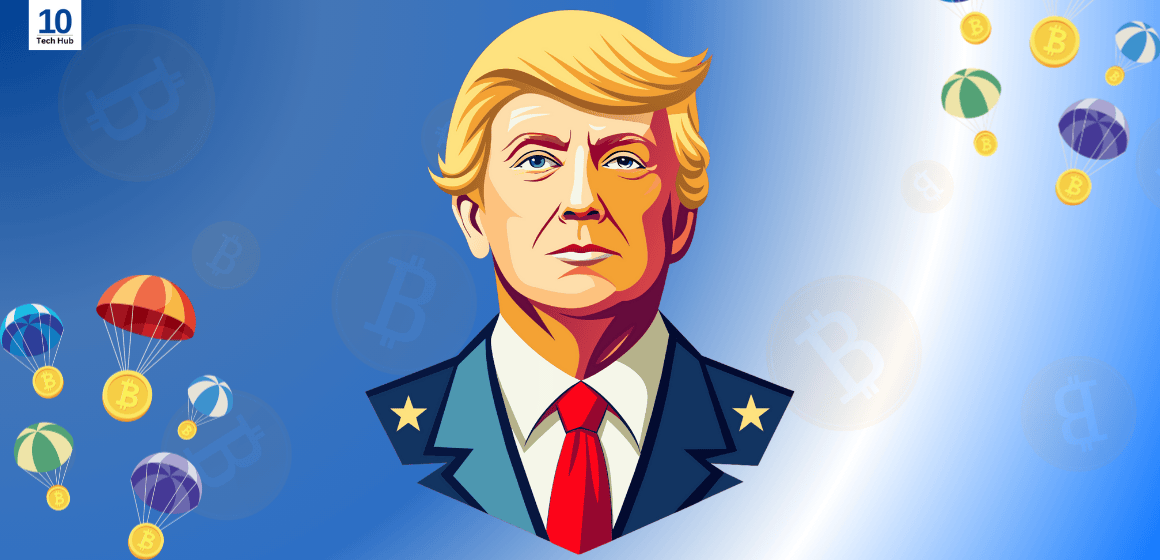Donald Trump introduced his family’s new cryptocurrency venture, World Liberty Financial, in a livestream interview on the social platform X (formerly Twitter) on Monday. While hyping the new project, he kept the specifics vague and quickly shifted topics, moving on to artificial intelligence and other subjects instead of explaining how the venture will work.
He also used the opportunity to address an apparent assassination attempt from the day before. Trump, recounting the event, said he was golfing with a friend when they “heard four or five shots” and that he almost made his last putt. He praised the Secret Service for acting quickly, spotting the rifleman and firing back, with help from law enforcement and a nearby civilian who helped track down the suspect.
What is World Liberty Financial?
Details are slim, but the venture is expected to function as a borrowing and lending service for cryptocurrencies, which is digital money traded over the internet without involving traditional banks. However, exchanges often charge fees for moving around currencies like Bitcoin, which Trump did not discuss.
Trump’s eldest son, Don Jr., and other speakers emphasized cryptocurrency as an alternative to what they claim is a biased banking system, supposedly working against conservatives.
Ethical Concerns? You Bet.
Experts say launching a business venture like this in the middle of a political campaign could be risky. Jordan Libowitz, spokesperson for Citizens for Responsibility and Ethics in Washington, said the issue isn’t Trump’s support of crypto—it’s the idea that he might profit from it while running for office.
Back in 2019, Trump wasn’t a fan of cryptocurrency, tweeting that it could “enable illegal behavior.” Now, he’s changed his tune and seems ready to ride the crypto wave. His campaign even started accepting donations in cryptocurrency and has called for a “crypto army” to support his 2024 run for president. At a recent Bitcoin conference in Nashville, Trump even vowed to make the U.S. the “crypto capital of the planet” and said he’d create a Bitcoin reserve using the government’s stash.
Hilary Allen, a law professor and crypto researcher, is skeptical about Trump’s sudden change of heart, saying it’s likely motivated by financial interests.
Meanwhile, Kamala Harris? Silent.
While Trump courts crypto investors, Kamala Harris’s campaign has been quieter on the subject. Some Democrats, like senators Chuck Schumer and Kirsten Gillibrand, have participated in pro-crypto events, but Harris herself has not made any clear statements or policy proposals on the regulation of digital assets like cryptocurrency.
So, as Trump dives into crypto, the big question is whether this will pay off politically—or just pay off for Trump.

